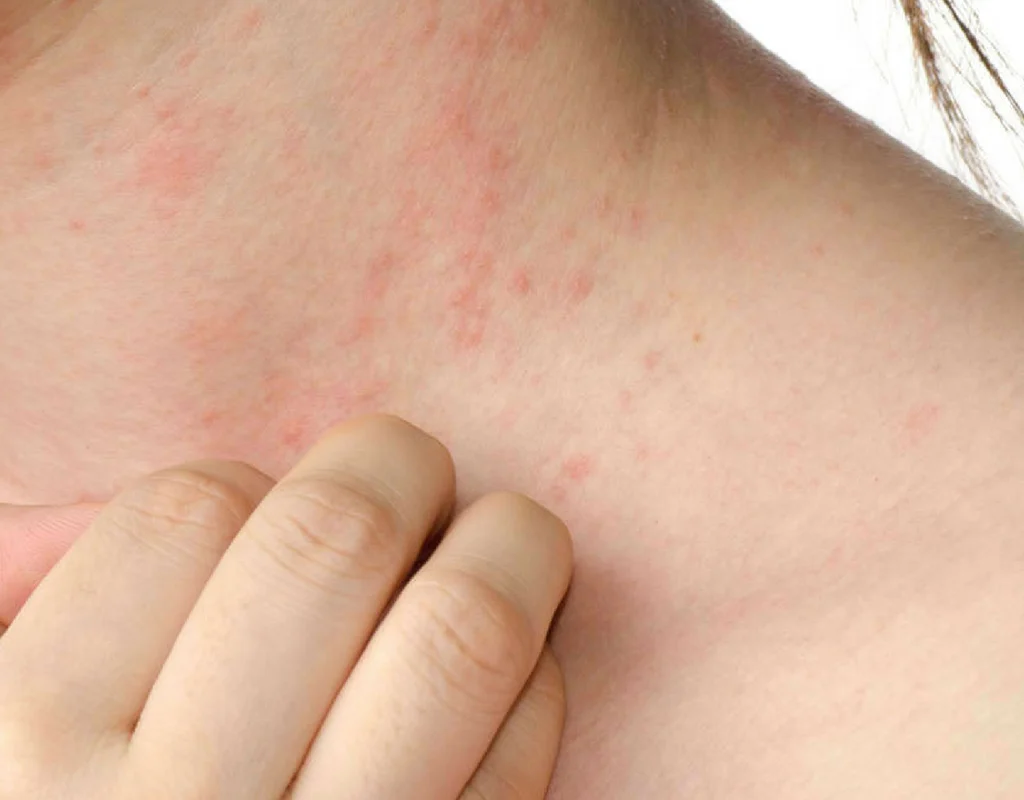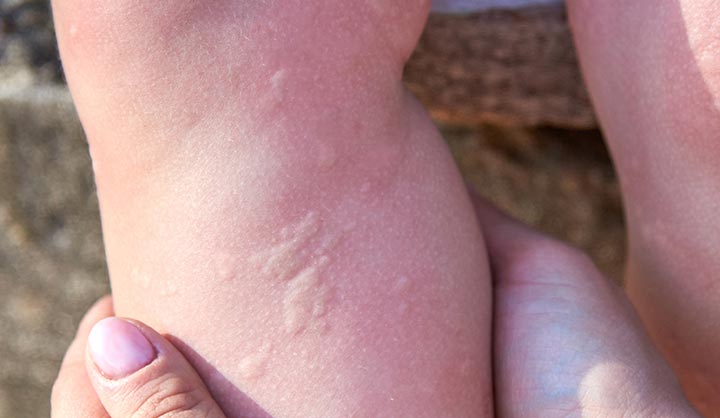If you have noticed small dots or unexplained bruising on your skin, you may be wondering what they mean. While it is always best to consult a medical professional for an accurate diagnosis, understanding some common causes of skin changes can help you take the right steps toward maintaining your health.
What Causes Unexplained Skin Dots or Bruising?
Skin changes, such as small red or purple dots, can result from a variety of factors. Some of the most common causes include:
1. Minor Injuries or Trauma
Small bruises or dots on the skin often occur due to everyday bumps and minor injuries. These bruises may not always be noticeable at first but can develop over time as blood vessels beneath the skin break due to impact.

2. Vitamin Deficiencies
A lack of certain vitamins, particularly vitamin C and vitamin K, can lead to increased bruising or the appearance of small red spots on the skin. These vitamins play an essential role in maintaining blood vessel health and proper blood clotting.
3. Allergic Reactions
Some skin reactions, including redness and small spots, may result from allergies to food, medications, or environmental factors. If you notice a sudden appearance of spots accompanied by itching or swelling, it is best to consult a healthcare provider.
4. Petechiae and Purpura
Petechiae are tiny red or purple dots that appear when small blood vessels (capillaries) break under the skin. Purpura refers to larger patches of discoloration caused by bleeding under the skin. These conditions can arise due to various factors, including prolonged strain, certain medications, or underlying health conditions.
5. Side Effects of Medications
Certain medications, including blood thinners, aspirin, or corticosteroids, may increase the likelihood of bruising or the appearance of skin spots. If you suspect your medication is causing unusual skin changes, consult your doctor before making any adjustments.

6. Autoimmune Disorders
Some autoimmune diseases, such as lupus or immune thrombocytopenia (ITP), can lead to bruising and unusual skin markings. If other symptoms, such as fatigue or joint pain, accompany the spots, a medical evaluation is necessary.
7. Infections and Viral Illnesses
Viral infections like the flu, dengue fever, or certain bacterial infections can cause skin changes, including small red dots. If these symptoms appear with fever or body aches, seek medical attention promptly.

When to See a Doctor
While most cases of unexplained skin dots or bruises are harmless and temporary, there are instances when seeking medical advice is crucial. You should consult a healthcare provider if:
-
The spots appear suddenly and spread quickly
-
They do not fade or improve over time
-
You experience excessive bleeding or easy bruising
-
There are additional symptoms, such as fatigue, dizziness, or fever
-
You are taking medications that may contribute to skin changes
Preventing Skin Bruising and Dots
Taking care of your skin and overall health can help reduce the likelihood of experiencing unexplained bruises or skin discoloration. Here are some steps to maintain healthy skin:
-
Maintain a Nutrient-Rich Diet: Ensure you get enough vitamin C, vitamin K, and iron to support blood vessel health and clotting.
-
Stay Hydrated: Proper hydration supports skin elasticity and overall well-being.
-
Use Sunscreen: Protecting your skin from excessive sun exposure can help prevent damage to blood vessels.
-
Avoid Blood Thinners Unless Prescribed: Taking aspirin or other blood-thinning medications unnecessarily may increase the risk of bruising.
-
Be Gentle on Your Skin: Avoid excessive scratching or pressure that may cause capillaries to break.

Conclusion: Stay Informed, Seek Medical Advice
If you are concerned about unusual skin changes, the best course of action is to seek professional medical guidance rather than relying on misleading online information. Many skin issues have simple explanations, and early intervention can help address any underlying conditions effectively.
By staying informed and proactive about your health, you can ensure your skin remains healthy and free from unnecessary worries. If you notice persistent or worsening symptoms, don’t hesitate to schedule a consultation with your healthcare provider for a thorough evaluation.




